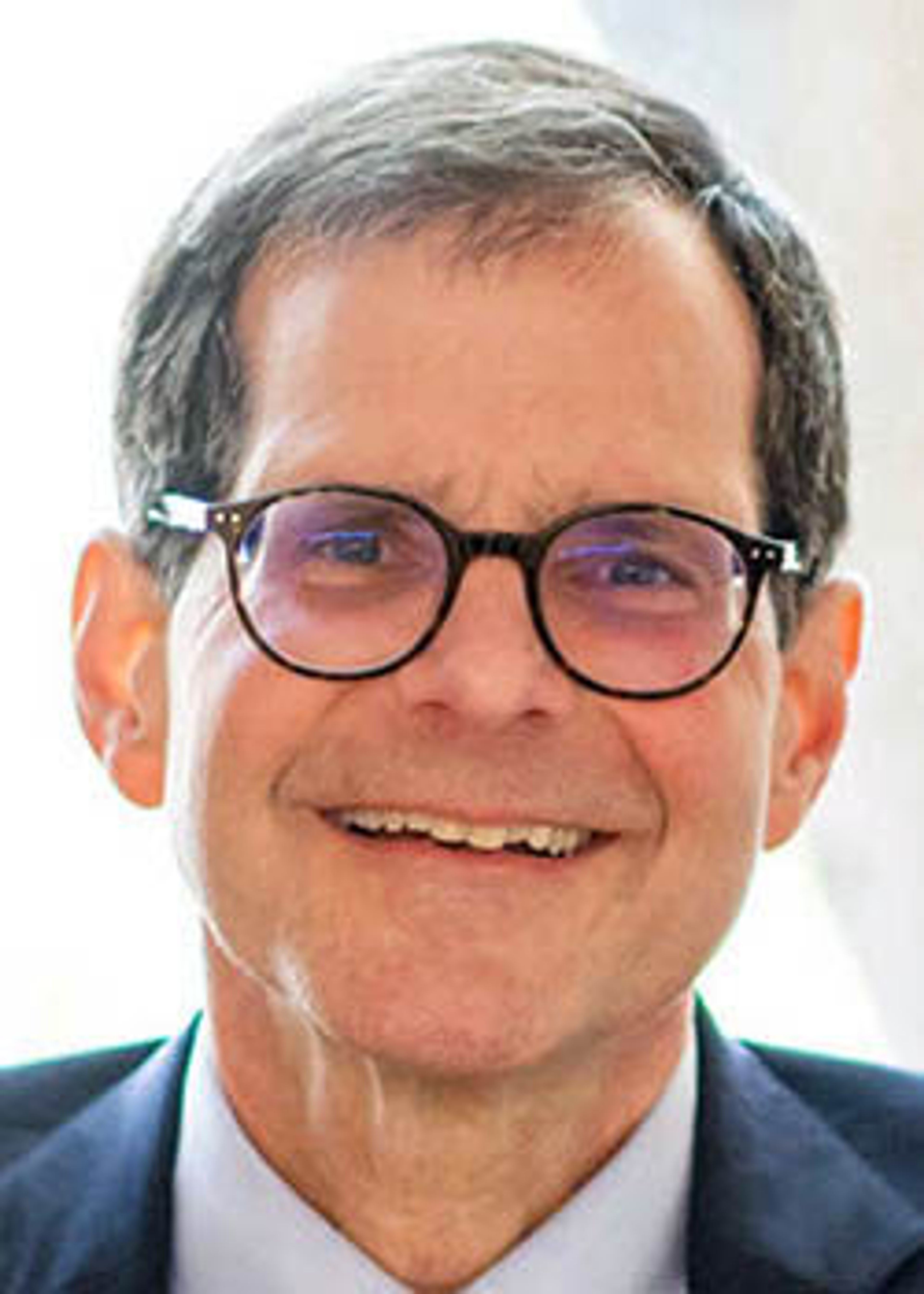Judge rescinds no-contact order against UI law students
Professor is also listed as a plaintiff in lawsuit against school involving Christian organization
A federal court last week required the University of Idaho to rescind the no-contact orders it placed against three law students and a professor earlier this year in a case involving a Christian organization.
The case — named Perlot v. Green after one of the plaintiffs, Peter Perlot, and UI President Scott Green — stems from a lawsuit brought against the UI by members of the Christian Legal Society.
The plaintiffs are represented by attorneys at the Alliance Defending Freedom, a nonprofit based in Arizona. U.S. District Court Judge David Nye is presiding over the case.
According to court documents, the UI Law School in Moscow held a “moment of community” in April in response to an anti-LGBTQ slur left anonymously on a whiteboard in a UI Boise campus classroom.
Students, faculty and staff from the law school gathered in front of the Moscow campus to express support for all students. Perlot, Ryan Alexander and Mark Miller, members of the Christian Legal Society, were at the event and gathered in prayer to show support for the LGTBQ community.
While they were there, another student approached them to ask why the Christian Legal Society requires its officers to affirm that marriage is between one man and one woman.
Miller explained the Christian Legal Society adheres to the traditional biblical view of marriage and sexuality, which condemns homosexuality.
UI law professor Richard Seamon was also at the event and purportedly affirmed Miller’s explanation of the CLS position on marriage. The court documents say Seamon is the Christian Legal Society faculty adviser.
Perlot left a note for the student, labeled as “Jane Doe” in court documents, at her cubicle inviting her to come to him if she had any questions.
Not long after the exchange, Jane Doe and several others denounced the chapter’s actions at a panel with the American Bar Association. Alexander attended the meeting and argued the biggest discrimination on campus was against the group for its religious beliefs.
That same day, several students staged “walkouts” for two of the courses taught by Seamon — seemingly in response to his participation at the event April 1.
Days later, Perlot, Miller and Alexander received no-contact orders from the UI Office of Civil Rights and Investigations. Jane Doe reported to OCRI that their actions at the events left her feeling “targeted and unsafe.”
The orders prohibit any communication between the plaintiffs and Jane Doe, who was also a student in one of Seamon’s classes.
According to court documents, Seamon also reached out to her and expressed concern for her wellbeing. She thanked him for reaching out and said she would speak to him later during office hours. She never met with Seamon and began attending his class online. When Seamon reached out again, she responded with an email that copied the law school’s dean and associated dean in which she said the event caused her to fear for her life.
“I am scared to be on campus, I am scared to be in your class,” the email stated. “I fear you. I fear the CLS. My life, my grades, my law school career are not safe with a professor that is actively working towards taking away my human rights.”
On May 10, OCRI issued a limited-contact order against Seamon. This order prohibits Seamon from contacting Jane Doe for anything except “what is required for classroom assignment, discussion, and attendance.”
UI issued the no-contact orders under its Title IX Sexual Harassment Policy and its Code of Conduct and Disciplinary Policies.
Nye stated in his decision that this is not a Title IX harassment case as the woman is not a party to this lawsuit and has not alleged a Title IX violation. The UI also did not argue that any sexual harassment took place.
Additionally, Nye stated the UI issued the no-contact orders with “almost no due process” and that the defendants are likely to succeed in arguing that their First Amendment rights were violated.
“In short, the Court agrees plaintiffs have a high likelihood of showing Defendants violated the First Amendment by issuing the no-contact orders based on the content and viewpoint of their speech,” Nye’s judgment says. “This does not end the inquiry, however. While content-based discrimination is presumptively invalid, if the government can rebut that presumption, the restrictions may stand. This burden, however, is high and heavy.”
Nye said it is each person’s right to disagree with the students’ religious beliefs.
“But none should disagree that plaintiffs have a right to express their religious beliefs without fear of retribution,” he wrote. “The Constitution makes that clear.”
In an email to the Daily News, UI communications coordinator Kyle Pfannenstiel said the university is reviewing the judge’s order.
“The university does not comment on ongoing litigation,” Pfannenstiel stated.
Kuipers can be reached at akuipers@dnews.com.


